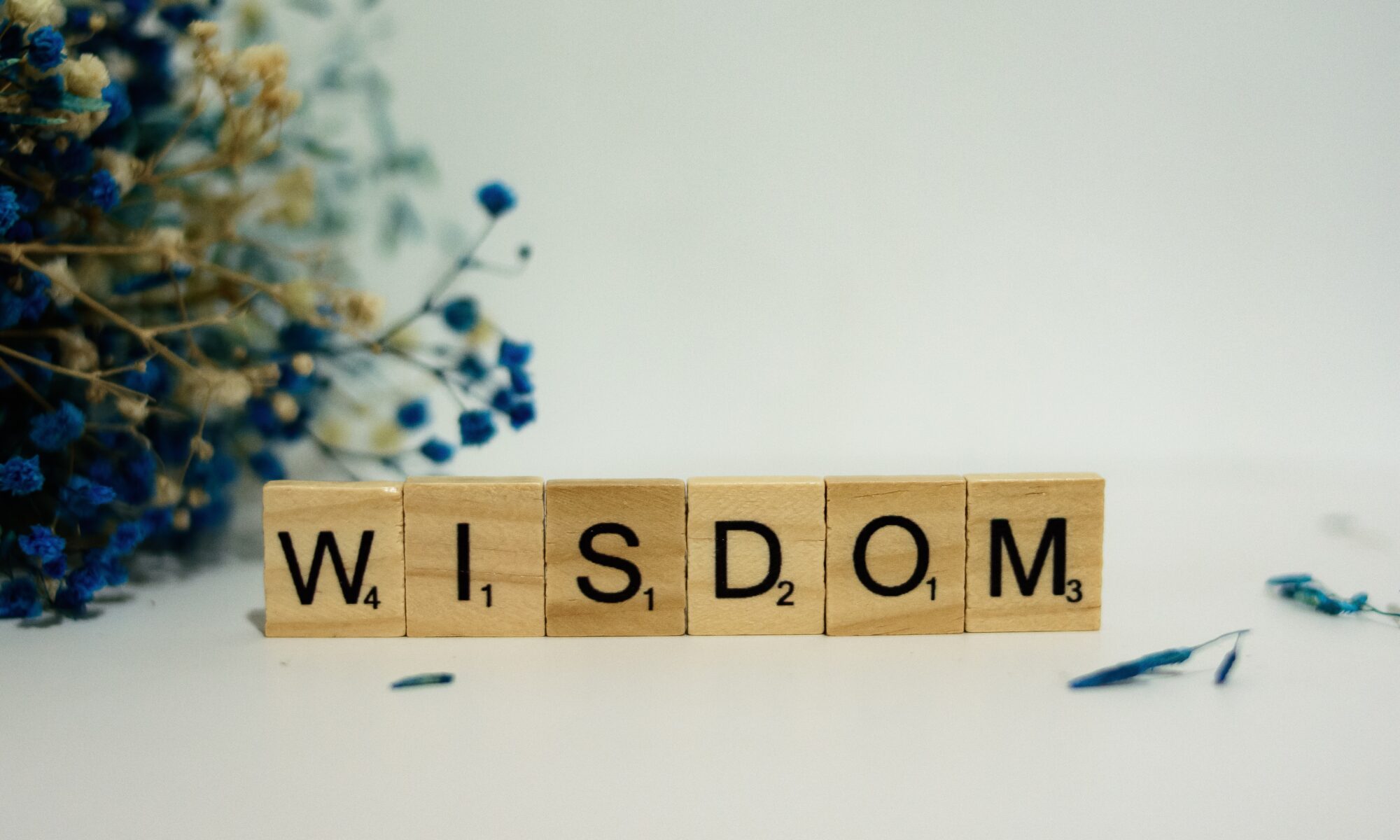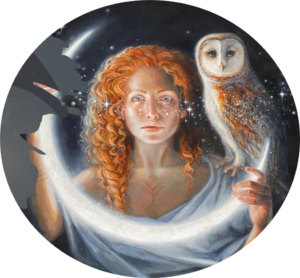Wouldn’t it be nice if we could avoid making snap judgments, both in our everyday lives and in the field of medicine?
In our daily lives, think about when a friend doesn’t return a phone call, and we quickly assume they might be upset with us for something we said or did.
In medicine, it happens that we often accept new research findings as undeniable facts without looking into them more carefully.
And have you ever wondered why bad news about natural remedies, often based on false information, spreads so fast, while good news, which is usually true, doesn’t get much attention?
Don’t jump to conclusions and take a closer look at the facts:
Jumping to Conclusions – Take One: “Cholesterol Causes Heart Disease”
Does it? Let’s revisit the 1960s and 70s. Back then everyone was told high cholesterol caused heart disease. As a result, numerous authorities advised people to stop eating eggs and butter and instead, replace butter with hydrogenated corn oil in the form of margarine as a substitute.
Hydrogenation is the process of turning a liquid fat into a solid by adding hydrogen. Food companies had a vested interest in using hydrogenated oils because these edible food-like substances extend the shelf life of the products they’re used in. They also add texture and increase “food” stability.
“Frankenfoods”
Like all genetically modified food products and a boon for Big Food, we now know that
margarine is not heart healthy.
In fact, margarine—and all other hydrogenated and partially hydrogenated oils, is horrible for our health.
It wasn’t until 2018 the FDA banned partially hydrogenated oils after finally realizing that these oils can harm the body in multiple ways.
A healthy diet does not include margarine, vegetable shortening, packaged snack “food,” fried foods, or any other “Frankenfoods” that include hydrogenated oils.
“Don’t Eat Eggs”
“Eating eggs causes high cholesterol”. Nope. We also now know that eggs are nourishing. In
fact, they are heart healthy. Eating a sensible number of eggs does not increase the risk of heart disease![1],[2]
I believe the best diet for most people is a diet that is 80 to 85% plants, and 15 to 20% animal foods. Eggs are one of the top foods to consume within that 15-20%.
In fact, a 2018 study found that a healthy dietary pattern with daily egg consumption was associated with decreased risks of cardiovascular diseases and mortality.[3]
In addition, a 2022 study done by a team of Greek and Australian scientists found that eating one to three eggs per week reduced the risk of cardiovascular disease by more than half.
This study, which was conducted over a period of ten years, was published in the peer-reviewed journal Nutrients. It also showed a 75% lower risk of heart disease in people who ate four to seven eggs per week.
As an article from the Harvard School of Public Health describes, eggs have been “long vilified for their high cholesterol content by well-meaning doctors and scientists researching heart disease.” But now, the same article explains, eggs are making a comeback. Why? Because natural cholesterol in the diet actually does not affect cholesterol in the blood. So, the idea that we should stop eating healthy whole foods that contain cholesterol (like egg yolks) was simply wrong.
Jumping to Conclusions – Take Two: “All Supplements Are Created Equal”

In 2022, newspapers across the country reported that researchers found that supplements that promised to promote heart health did nothing of the kind. This is another example of how medical “science” has the habit of jumping to conclusions without examining all the facts.
As I explained in this in-depth article, the research that supported this claim was very badly done. Big Pharma might use it to push for more statin prescriptions (one of my least favorite class of drugs) and to criticize natural botanical and herbal medicines and remedies.
However, all supplements are not created equal.
Assuming that all supplements are ineffective based on the study of subpar supplements and using incorrect dosages is another example of jumping to conclusions. We need to consider all the facts and take a broader view of the situation and use common sense.
Jumping to Conclusions – Take Three: “Glutamine Supplementation May Fuel Cancer Cell Growth”
Cancer cells use glutamine as a fuel source together with glucose. This biochemical discovery has led some to jump to the false conclusion that glutamine is harmful to humans and that glutamine supplementation may fuel cancer cell growth.
In fact, the opposite is true, as I explore in detail in this article.
“Follow the Science.” What Does This Mean?
People are extraordinarily prone to confirmation biases. We have a strong tendency to latch onto anything that supports our position and, at the same time, blindly ignore anything that doesn’t.
This is especially true when it comes to medical science.
People love to think that “science” is on their side, and they often use scientific papers to bolster their position.
Citing scientific literature is, of course, a good thing. I frequently insist that we have to look first to the peer-reviewed literature to help us find the best way to treat a variety of medical conditions.
The challenge is that not all scientific papers meet high-quality standards.
Shoddy research often gets published, especially when that research is sponsored by people with vested interests. In addition, we’ve reached a point in history where there is so much research being published that if you look hard enough you can find at least one paper in support of almost any imaginable position.
So, if we shouldn’t be jumping to conclusions based on one single observation or a new
revelation, how can we make the best choices for our health and the well-being of our families?
I have a tried-and-true system to help find the real truth about any given scientific subject, especially when new medical science studies come to my attention. I look at the issue through the lens of the Mederi Care Thematic Elements. In other words, I ask myself:
- Is There “Wisdom” Here? Based on Traditional-Classical medical systems and culture, the underlying philosophy of Traditional Herbal Medicine expresses the basic understanding that healing comes from the wisdom of God and is inherently found in nature.
- What About “Knowledge”? Based on modern scientific research, I always apply the 3 R’s when reviewing research and publications: 1) Rigor, 2) Replication, and 3) Robustness. Was the work done rigorously? Can it be or has it been replicated? How robust is the assertion? Does it make sense based on my previous knowledge and observations?
- What About “Logic and Common Sense”? This is old-fashioned critical thinking. Critical thinking can be best described as actively and skillfully conceptualizing, applying, analyzing, synthesizing, and/or evaluating information gathered from, or generated by, observation, experience, reflection, reasoning, or communication, as a guide to belief and action. But for me, critical thinking is also the harmonization of Art/Creativity, Science/Rationale, Experiential Knowing, and Natural and Supernatural all coexisting together.
- How Intuitive/Musical Is It? Intuition implies a kind of material knowledge, which is gathered and formulated when intelligence unites itself with instinct or intuition. When it is intuitive (or what I see as akin to musical as well), the new information illuminates and guides the intellect. Conclusions worth making are the conversance of subjective and objective knowledge blended into unity. The intellect must be the servant to the gift of intuition.
“The intuitive mind is a sacred gift and the rational mind is a faithful servant. We have created a society that honors the servant and has forgotten the gift.” – Albert Einstein
Owls have enormous eyes to see in the dark. They are considered wise because of their heightened senses and association with the night. Their night vision, in particular, impressed the Ancient Greeks, who believed that this vision was a result of a mystical inner light and associated the owl with the Goddess of Wisdom, Sophia.
Instead of making quick decisions and jumping to conclusions that might lead us astray, we must combine traditional wisdom with modern-day research. It’s not something we can do by just skimming headlines. It’s diving deep into knowledge, observing the natural world, and looking into our souls – that’s where we find truth.
About the Author:
Donald R. Yance is the founder of the Mederi Center. A Clinical Master Herbalist and Certified Nutritionist, Donnie is renowned for his extraordinary knowledge and deep understanding of the healing properties of plants and nutrition, as well as of epigenetics, laboratory medicine, oncologic pathology, and molecular oncology. He is a professional member of the American Herbalists Guild, National Association of Nutrition Professionals, Academy of Integrative Health and Medicine, and the Society for Integrative Oncology.
References:
[1] Jean-Philippe Drouin-Chartierl et. al. Egg consumption and risk of cardiovascular disease: three large prospective US cohort studies, systematic review, and updated meta-analysis, BMJ 2020; 368 doi: https://doi.org/10.1136/bmj.m513 (Published 04 March 2020)
[2] Qin C, Yu C, Li L; China Kadoorie Biobank Collaborative Group. Regarding associations of egg consumption with cardiovascular disease in a cohort study of 0.5 million Chinese adults. Heart. 2018 Nov;104(21):1803. doi: 10.1136/heartjnl-2018-313781. PMID: 30309864.
[3] Liu CW. Healthy dietary pattern with daily egg consumption might be the true factor associated with decreased risks of cardiovascular diseases and mortality. Heart. 2018 Nov;104(21):1804. doi: 10.1136/heartjnl-2018-313774. PMID: 30309866.







Such an informative article. Thank you for presenting these simple truths.
You are very inspirational. Thank you for all your knowledge and keeping me well, as I am 90 years old and still going, thankful and happy.
God Bless,
Alberta Schultz